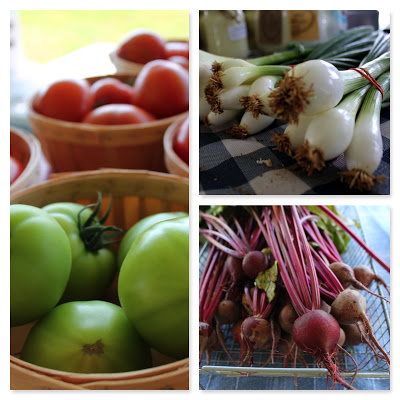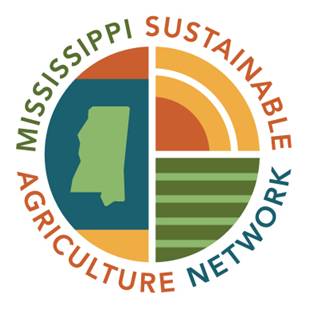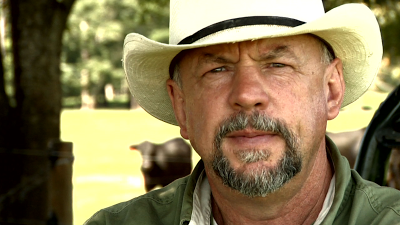News & Views
Mississippi Sustainable Agriculture Network
The fledgling MSAN, established this year, intends to make sustainable farming and local food production thriving enterprises in Mississippi. It is a network of farmers, consumers, educators, and activists working together to improve the sustainability of the existing agricultural system in Mississippi. Luckily, organizations of this kind already exist in the South and beyond. Representatives from the Alabama Sustainable Agriculture Network, Georgia Organics, and even the Pennsylvania Association for Sustainable Agriculture encouraged the participants of last week’s workshop and gave invaluable advice as to how to get this network off the ground.
At the SFA, we study the traditions of Southern food, including how it is grown and raised. Southern food is inherently tied to the earth and its seasons; it is that history that has shaped the way we eat. In that way, sustainable farming is a means of connecting with our regional foodways. Thanks to organizations such as MSAN, sustainability is becoming a topic for public discussion in Mississippi. If you want to learn more about the SFA’s documentary work with farmers, check out our short documentaries on the subject, such as CUD and Ride that Pig to Glory. The SFA also has oral history projects of theCarrboro Farmers’ Market in North Carolina and the Downtown Greenwood Farmers’ Market in Mississippi. — Emilie Dayan, Southern Foodways Alliance Blogger
































